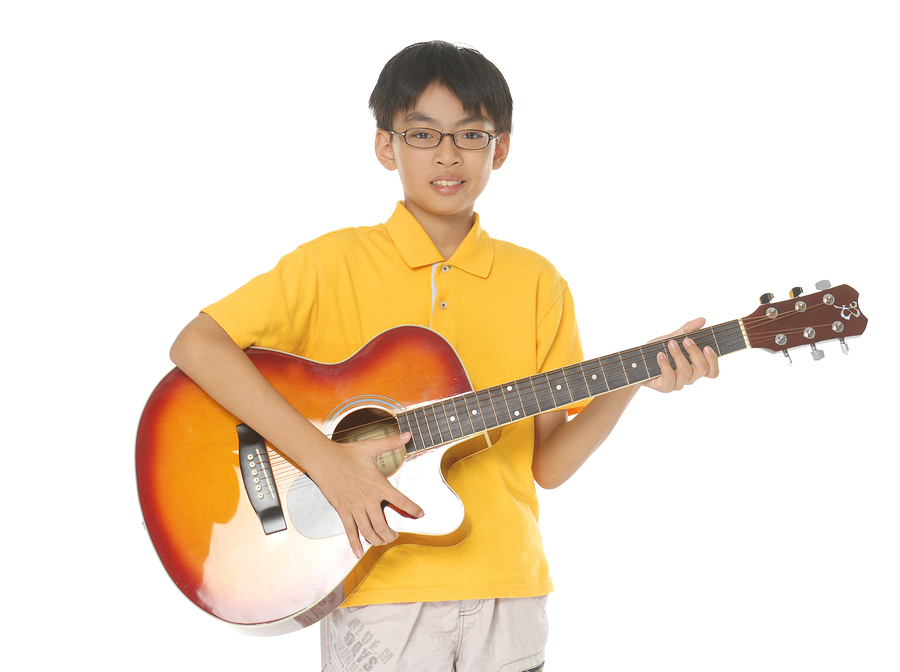As parents of children aged 5-12, you might be contemplating if now is the right time to introduce your child to music lessons. Rest assured, this age range is not only ideal but also incredibly beneficial for starting their musical journey. Let’s dive into why music lessons are a great fit for kids in this age group and how they can positively impact their growth and development.
- A Growing Love for Music
 Children between 5-12 are at a stage where they start to develop their own tastes and interests, including in music. If your child hums along to songs, enjoys dancing, or is fascinated by musical instruments, these are clear signs they’re ready to explore music more deeply through lessons.
Children between 5-12 are at a stage where they start to develop their own tastes and interests, including in music. If your child hums along to songs, enjoys dancing, or is fascinated by musical instruments, these are clear signs they’re ready to explore music more deeply through lessons.
- Cultivating Creativity
This age is when children’s creativity is in full bloom. Music lessons offer them a structured yet imaginative way to express themselves. Whether it’s learning to play an instrument or understanding the basics of music theory, these activities nurture their creative minds.
- Developing a Unique Identity
As kids navigate through early childhood into their pre-teen years, they’re carving out their individual identities. Music provides a unique avenue for self-expression and discovery, helping them understand and express who they are and what they love.
- Boosting Confidence and Self-Esteem
Music lessons are an excellent way to build confidence. With each new note mastered and song learned, children gain a sense of accomplishment. This is particularly impactful at a time when they are beginning to understand and value their abilities and achievements.
- Learning to Embrace Challenges
For children aged 5-12, facing and overcoming challenges is a key part of their development. Music lessons can sometimes be challenging, but they are always rewarding. They teach persistence, patience, and the joy of achieving goals, no matter how small.
- Supporting Academic Growth
Research shows that music education can enhance cognitive skills including math, language, and critical thinking. For children in elementary and middle school, these benefits are particularly valuable, contributing to their academic success and enthusiasm for learning.
- Building Social Skills Through Group Learning
If your child participates in group classes or a school band, they’ll learn essential social skills. Collaborating with others in a musical setting teaches teamwork, listening, and communication, skills that are vital both inside and outside the classroom.
Final Thoughts
For children aged 5-12, music lessons are more than just a hobby; they’re a comprehensive tool for growth, learning, and personal development. If your child shows interest in music, encourage this passion. The benefits of starting music lessons at this age will echo throughout their childhood and beyond. Let’s nurture their love for music and watch them thrive!
